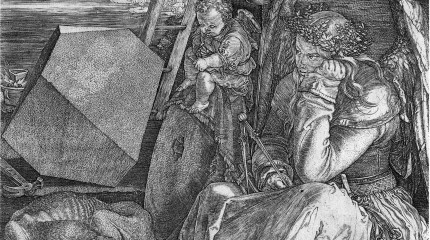As Dr Silveira of the University of Cambridge has said in one of his papers, Justice is a moral concept that is very elusive and bears no universal definition, despite the agreed notion that everyone should be given what they deserved. The meaning of justice changes according to differing cultures, circumstances and values. So how has the idea of justice changed over time? Inspired by an online article about the topic, I provide a brief overview of some of the most famous conceptions of the notion of ‘justice’ below.
Classical justice as propounded by Plato, is a ‘human virtue’ which would entail that the individual has to balance numerous parts of his soul namely; reason, desire and spirit. Everyone would deal in a fair way in society and will fulfil their duty in right way and place. This would eventually mean prioritising what society needed and not what the individual wanted- this concept of justice eventually carries notions of a totalitarian regime. While Aristotle would even claim, in Politics, that some people need to be treated in a different way by the law than others, for the greater good, as they are “natural slaves”.
Medieval justice was most famously advocated by St Thomas Aquinas (especially in Catholicism) whose theory is that justice is when one person gives the other only what the latter is due, despite this not being equal. Moral law plays a great part in his idea of justice. He was also a firm believer that there is a just price for everything.
Modern justice on the other hand, is rooted from the period of the Enlightenment, pushed under the spotlight by Kant. This idea of justice is based on how we are all equal before the law and this concept of egalitarianism is expanding more and more to all categories of human beings- from men, to women and children. Marx and Smith have also pushed forward a form of distributive justice that gives the general idea that goods should be distributed according to the moral, rights-based values or in the case of Smith, according to the market.
However, this is just a few examples of how the notion of justice has changed over time. There are plenty more theories and as aforementioned, the idea of justice still differs according to different cultures and circumstances.
